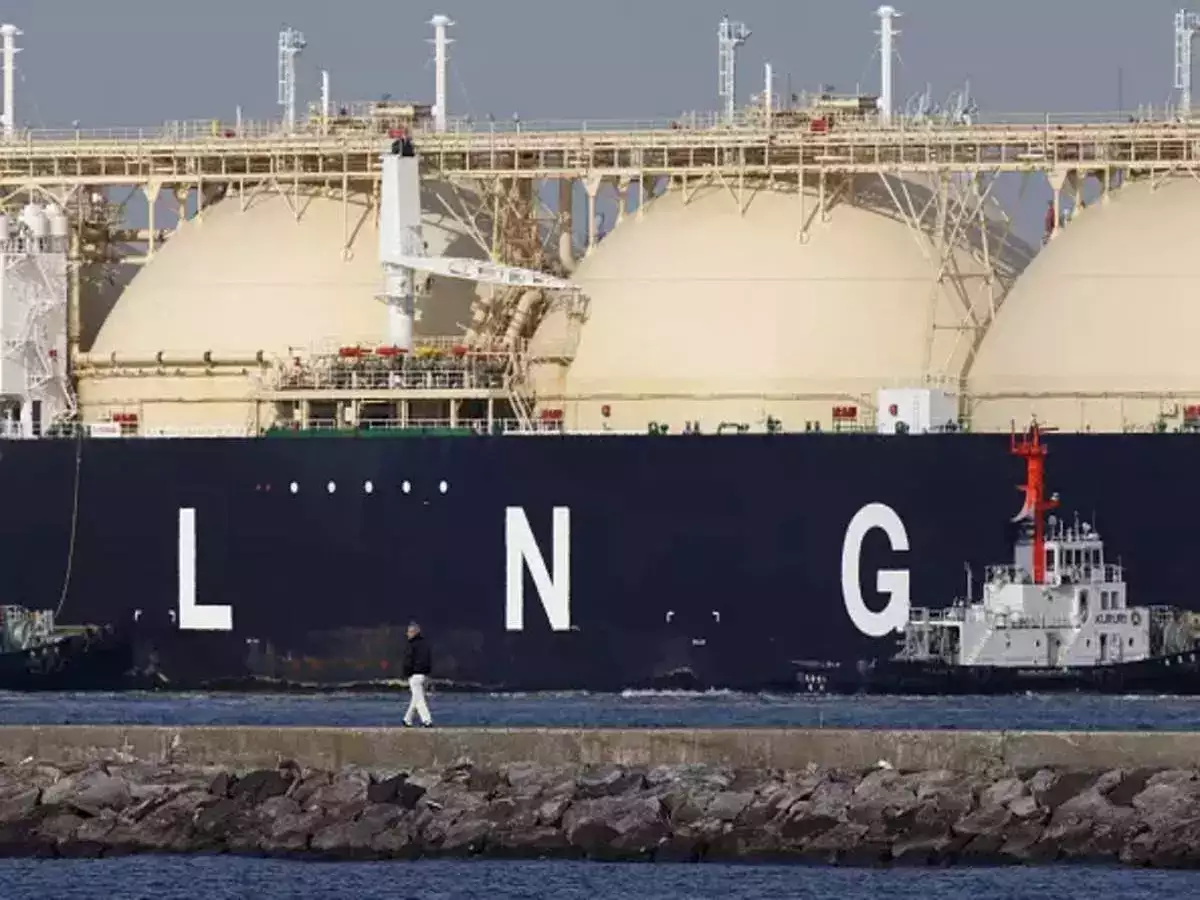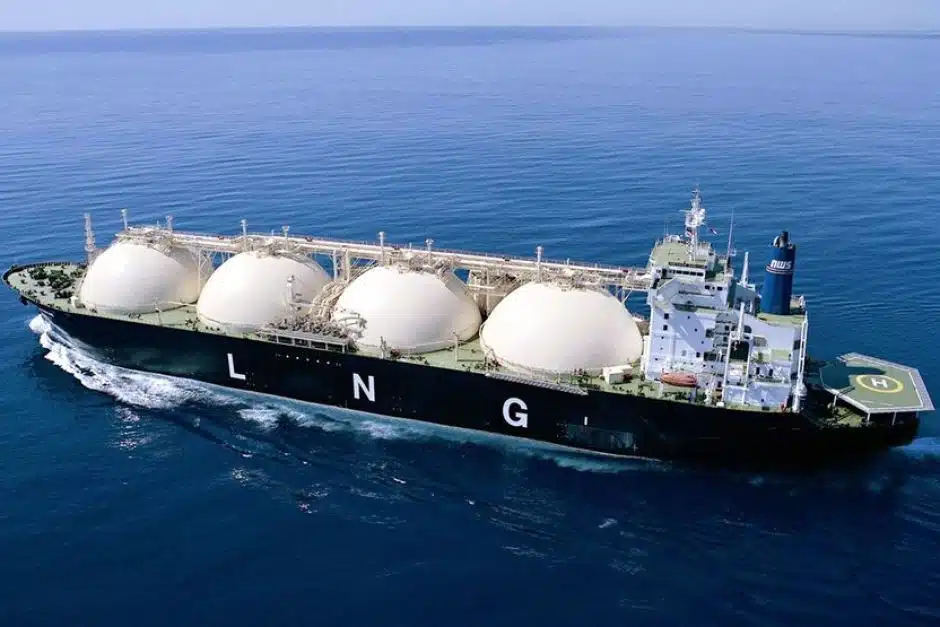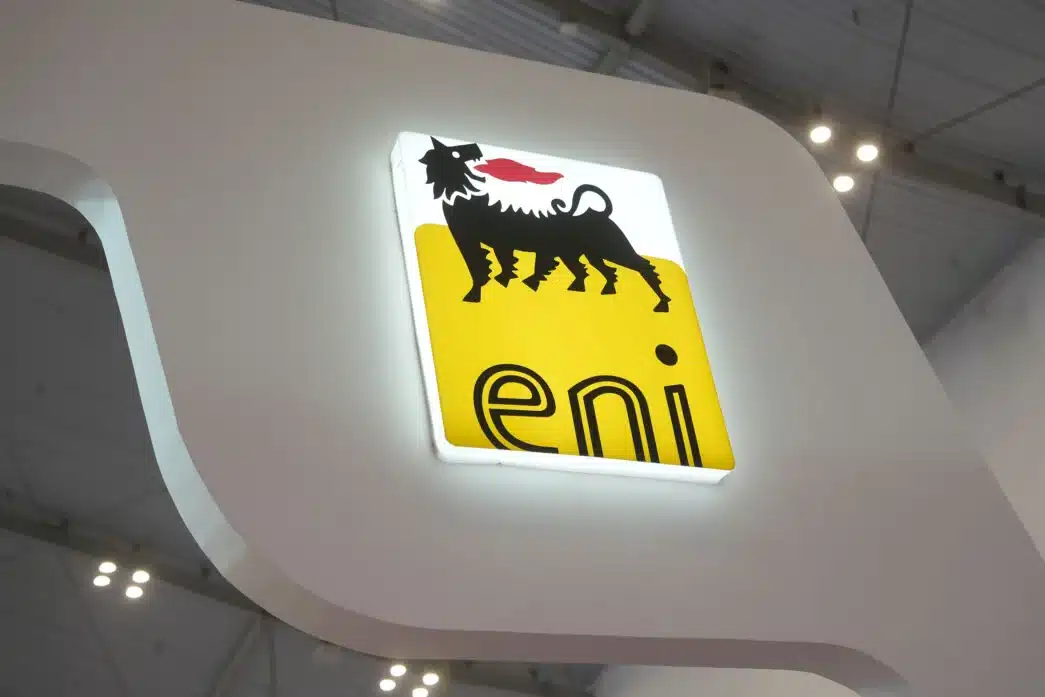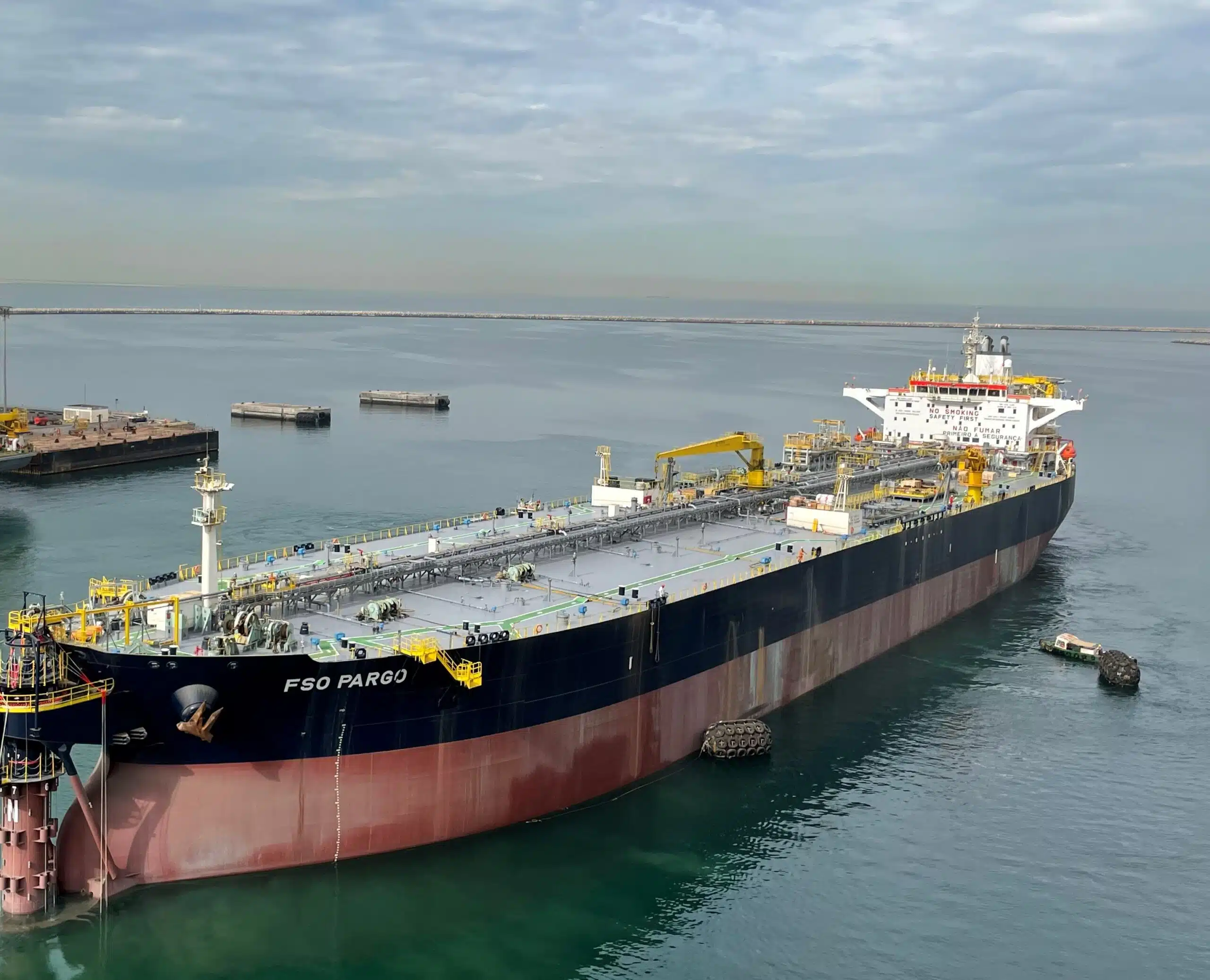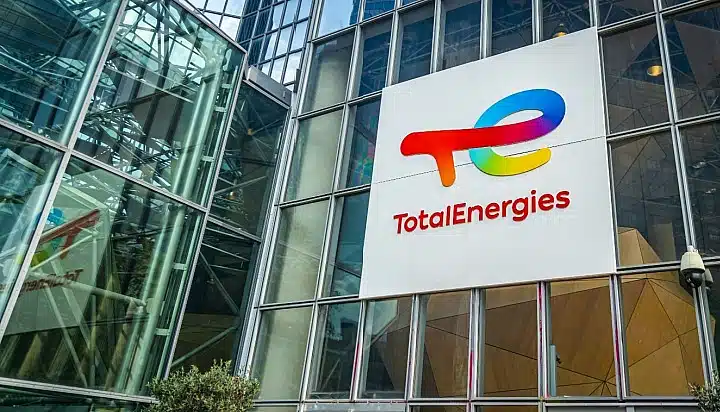Egypt is negotiating long term contracts to buy liquefied natural gas (LNG) through 2030 in an effort to meet rising domestic energy demand and compensate for weakening local production.
Sources with direct knowledge of the talks, who asked not to be identified due to the private nature of the discussions, said the government is aiming to secure supply deals lasting through 2028 to 2030.
The move is designed to reduce Egypt’s reliance on the unpredictable spot market, which has become more volatile amid global energy shifts.
The government’s strategy reflects growing pressure on Egypt’s energy infrastructure. Once an exporter of LNG, the country has shifted to importing the fuel due to surging demand driven by a rapidly growing population and increasing temperatures during summer months.
These factors have pushed power consumption to new highs, straining domestic gas output.
Egypt’s oil ministry has yet to respond to requests for comment on the negotiations.
However, the government has already announced plans to increase LNG import capacity by adding several floating storage and regasification units (FSRUs). These units will allow Egypt to import and process greater volumes of LNG efficiently.
In addition, officials are reportedly in talks with Qatar to establish long term gas supply contracts, further signalling Egypt’s intent to stabilise its energy sources over the coming years.
An energy analyst familiar with the region noted, “Egypt’s push for long term LNG agreements demonstrates its shift from an exporter to a major LNG importer. This transition is critical to support the country’s expanding energy needs.”
Impact on Egypt’s economy and global markets
Data from shipping trackers shows Egyptian LNG exports peaked at 7.7 million tons in 2022 but have since declined steadily.
Conversely, Egypt imported about 2.5 million tons of LNG last year, marking a significant change in the country’s energy balance.
Goldman Sachs reported that Egypt’s energy deficit more than doubled last year to $11.3 billion, contributing to a wider current account deficit, which increased to 6.2% of gross domestic product from 3.2% in the previous year.
The rising demand for LNG in Egypt is also expected to tighten global gas markets, as the country becomes a more prominent buyer in the region.
An industry expert explained, “With Egypt securing long term LNG supplies, global LNG demand will see upward pressure, impacting prices and supply chains.”
As Egypt prepares to meet its growing energy needs, the government’s negotiations and infrastructure investments underscore the country’s determination to manage its energy challenges while supporting economic growth.

